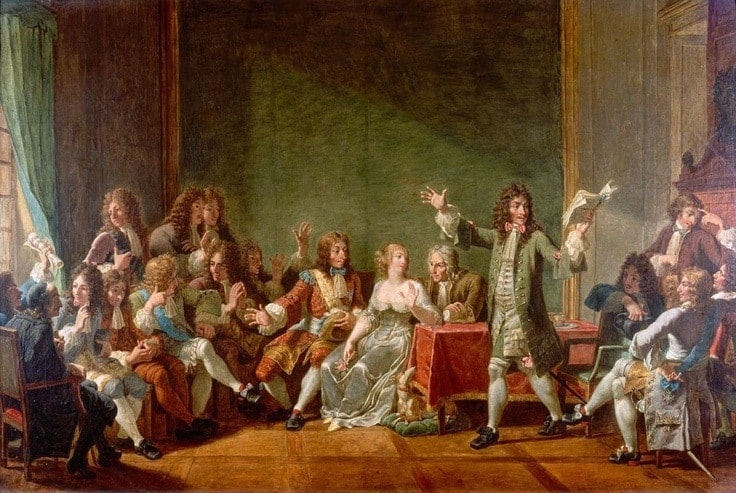These days everyone wants to be a creative. When I use that term, by the way, I am using it very loosely to include not just artists but also entrepreneurs, YouTubers, even coders.
Very broadly a creative is someone who makes something that wasn’t there before. Whether that new entity is a book, a symphony, an event at a nightclub, a popup restaurant or a app is immaterial. The important thing is that the creative was responsible for its birth.
Most people are in thrall either to Silicon Valley, Hollywood, or the great publishing capitals of London and Manhattan. As it becomes more and more starkly obvious that corporate work is a con, and that jobs in general merely serve to make the employer richer at the financial, health and spiritual costs of the employee, more and more wish to become progenitors in their own right.
In part this is why so many people flock to the so-called ‘creative industries’: why there are so many stylists, PRs, tech people in TV and so on. Those who want more than anything to be creative but who lack the ambition, drive or talent to do so on their own terms are attracted to jobs on the periphery of creativity. I was myself. For many years I worked as an advertising executive: a dowdy moth drawn to the still-bright flame of professional writing, but lacking the confidence to break out and do what I really wanted: to write.
It is even more difficult to become a creative when you don’t know anyone else who wants to do something similar. One of the most stifling things about corporate work in a city like London is that the people who surround you, as lovely as some of them can be, lack creative spark.
Reach Out
For this reason I believe that it is essential that if you find yourself in this position that you reach out to others in the same boat. Do it via social media if you have. Make it your mission to find two or three creative friends and spend time with them on a regular basis. It doesn’t matter what disciplines they work in, or seek to work in. All that’s important is that they are serious about creativity.
In 16th – 18th century France the intellectual salon was all the rage. These were gatherings, often in the presence of an influential and often rich patron, where the participants would meet to socialise and exchange ideas.
I am advocating that you create your own contemporary mini-salon.
There are a number of good reasons for doing so. First, you are probably aware of Jim Rohn’s notion that all of us are the sum of the five people we spend the most time with. It makes a lot of sense. If you are not surrounding yourself with creative types then you absolutely should do so. It will spur you on by way of example, encouragement, and even a little healthy competition.
Second, the salon will be a place where you can share your plans and—crucially—get some accountability around them. It’s all very well airily telling yourself that one day you’ll start a website. But if you never actually get round to doing it then those plans are entirely worthless.
Third, enjoying the company of other creatives will give you inspiration beyond anything you can imagine right now. True creativity, after all, is the fusing of disparate pre-existing strands. You’ll be amazed how someone’s idea for a screenplay and someone else’s concept for a new kind of coffee bar might spark off something in you that will lead you to a fantastic new idea.
And finally, just taking the time to foster and grow the group is in itself an artistic endeavour that will open you up to what is possible.
Try it. Creativity is for everyone. But we can all use a little encouragement along the way.
If you enjoyed this article and want to get exclusive, quality content plus giveaways, prizes etc. from me delivered directly to your inbox DAILY then sign up here now





